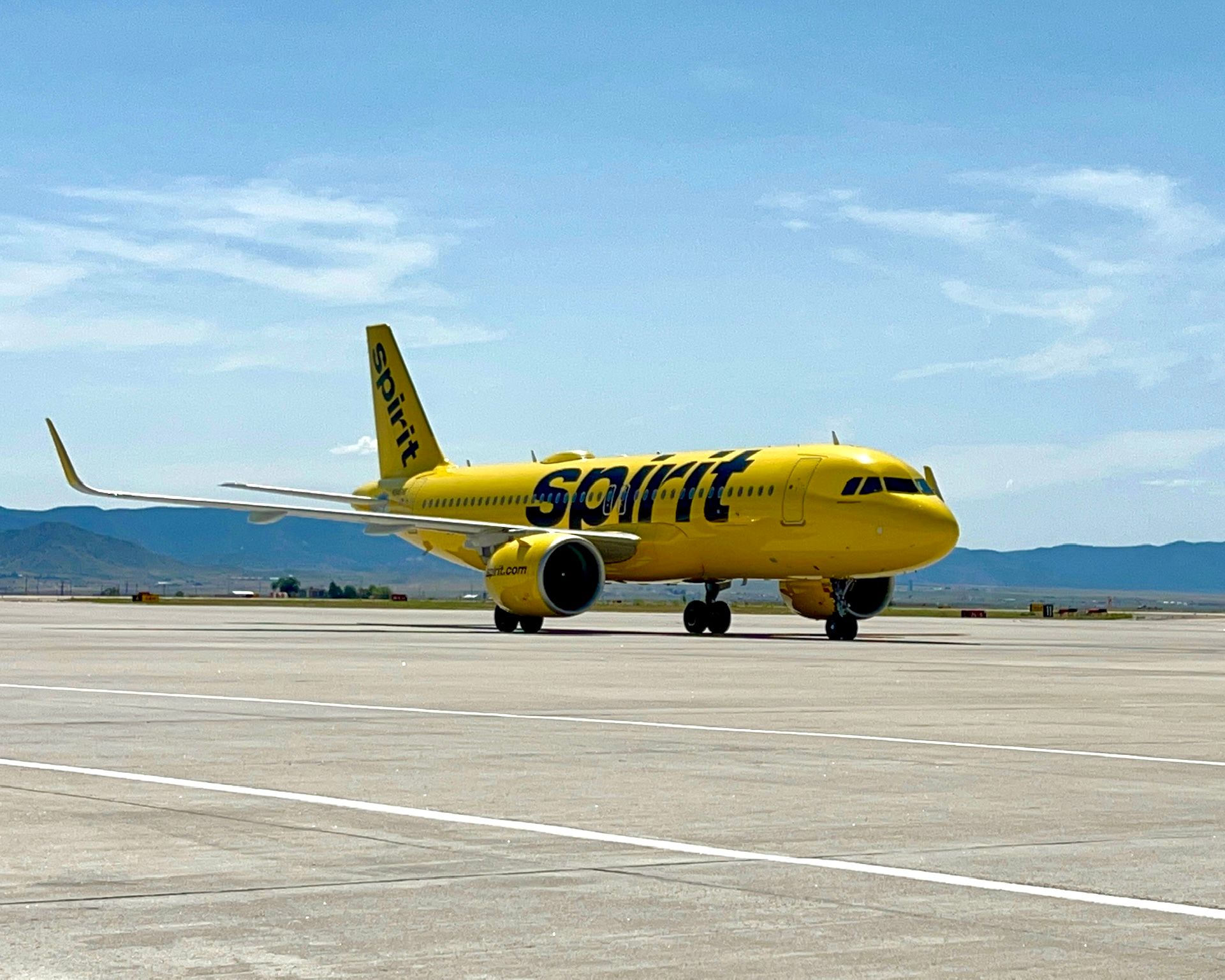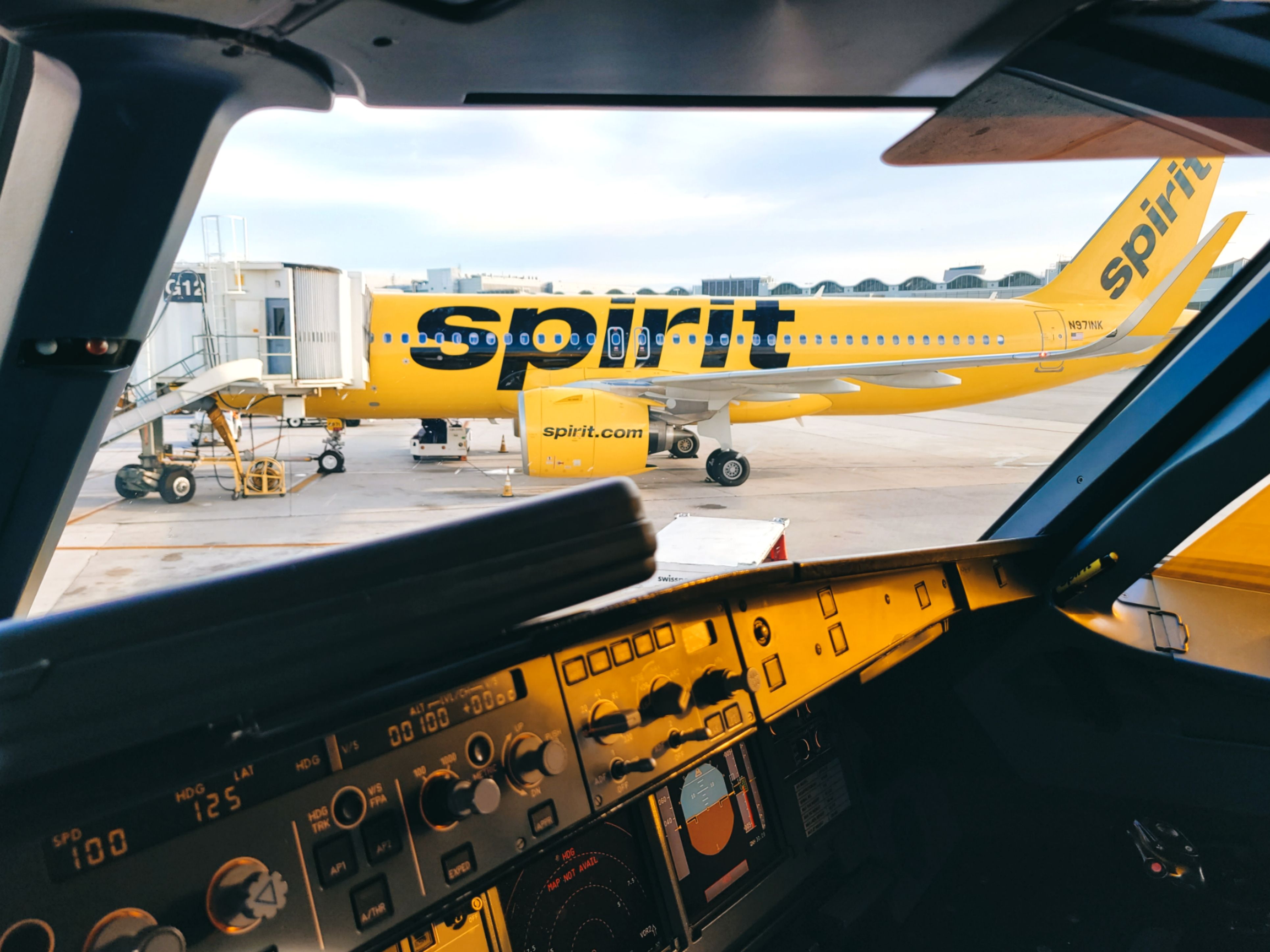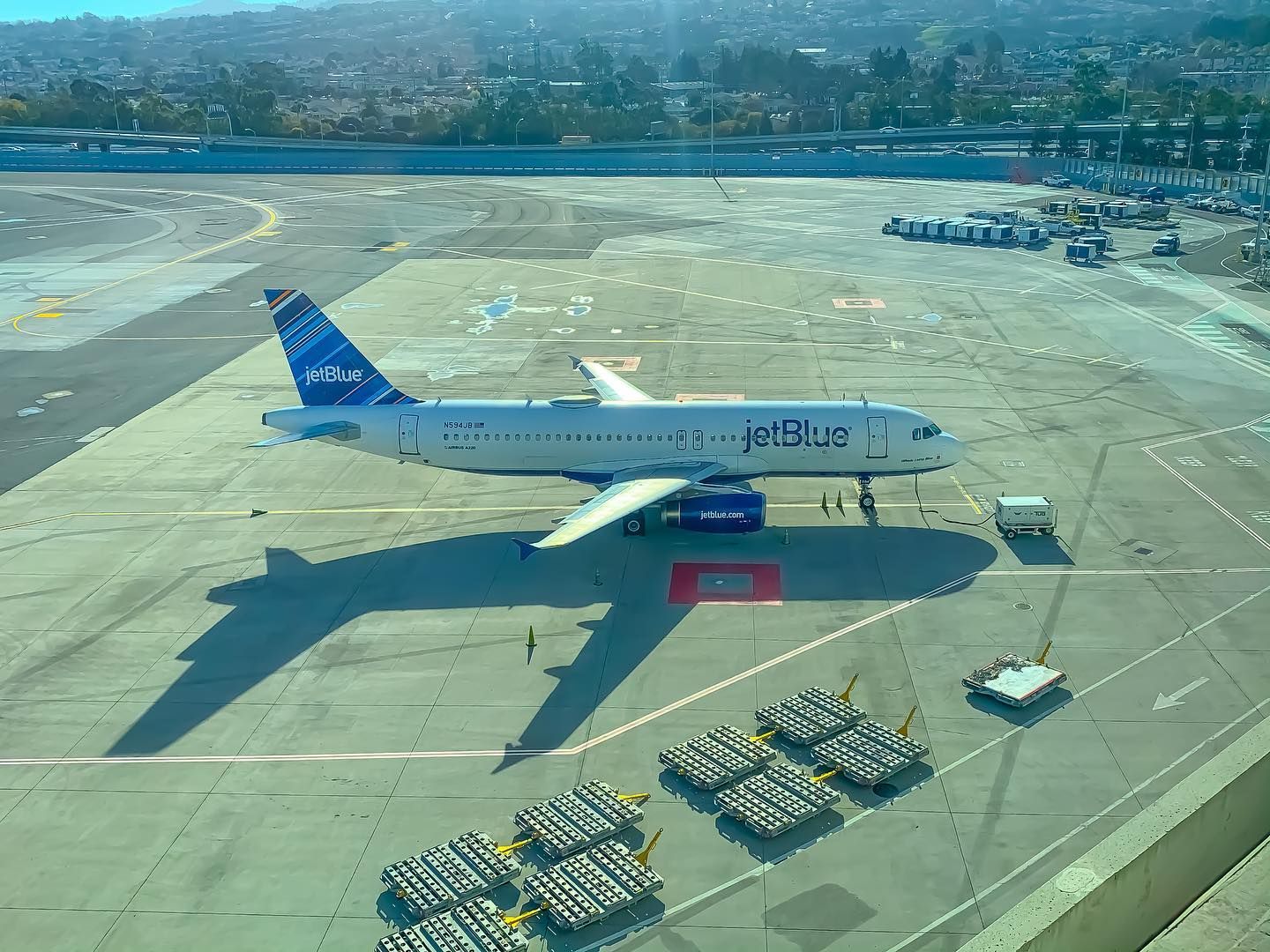Ultra-low-cost carrier Spirit Airlines is expecting an update to its proposed merger with JetBlue Airways. On Tuesday, the airline said it is waiting on antitrust regulators to make a decision on whether the merger can proceed.
JetBlue won the favor of Spirit's shareholders in a months-long bidding war last October, but since the merger announcement, both airlines have faced some challenges. A new lawsuit last month alleged the merger would cause fares to rise.
Within a month
According to Reuters, Spirit Airlines confirmed during an investor call that it expects to hear from the regulators in the next 30 days. Spirit Airlines President and CEO Ted Christie commented,
"We are now waiting to see whether the Department of Justice (DOJ) filed suit to block the deal or allows us to proceed."
Get all the latest aviation news right here on Simple Flying
A series of hurdles
The proposed $3.8 billion merger would create the fifth-largest airline in the US. Spirit reportedly knew that it could face challenges from officials even before it signed the deal with JetBlue.
Spirit had cited the Justice Department lawsuit as a reason to fear regulators blocking its sale to JetBlue when it tried to persuade Spirit shareholders to back the deal with another ultra-low-cost carrier, Frontier Airlines instead, according to Reuters.
JetBlue, however, acknowledged that the merger approval process would be lengthy and initially expected that it would take around a year for the deal to be completed. Since the carrier would be essentially absorbing Spirit, it has to convince the Department of Transportation and other federal regulators that the acquisition will not negatively affect the current state of air travel in the US.
Simple Flying previously reported on some of the major concerns surrounding the deal, including the merger potentially depleting competition. Regulators are also concerned that the merger would possibly put more pressure on the consumer which would indirectly hurt the economy and air travel market.
An additional concern is that the acquisition could disrupt the current flow of air traffic. Spirit's operations would likely halt, diminishing the connectivity for its passengers at the airline's strongest airports, but at airports where both Spirit and JetBlue operate, many fear that ticket prices would skyrocket due to the merger.
Last month, a group of Florida-based travelers and travel agents filed a lawsuit attempting to stop the merger due to concerns that airfares would increase at two Florida airports where both carriers have large shares of the market: Orlando International Airport and Fort Lauderdale-Hollywood International Airport.
JetBlue CEO: Merger would create competition
Despite the hurdles and challenges, JetBlue's CEO, Robin Hayes, argued that if the merger proceeds, the airline will only grow, putting pressure on airlines and creating competition. Hayes said the acquisition would create a national, customer-centric, low-fare alternative to the dominant big four airlines.
As Spirit awaits federal regulators for a merger approval update, the ultra-low-cost airline reported a net loss of $270 million on Monday. Despite a poor performance, the airline said its unit revenue was among the best in the industry.
The financial results come as the carrier has worked towards full aircraft utilization, saying it has been steadily building back, and are on track to be close to full fleet utilization by the end of the year. Spirit blamed Airbus aircraft delivery delays for making it be more conservative with its capacity planning assumptions for 2023.
Source: Reuters



